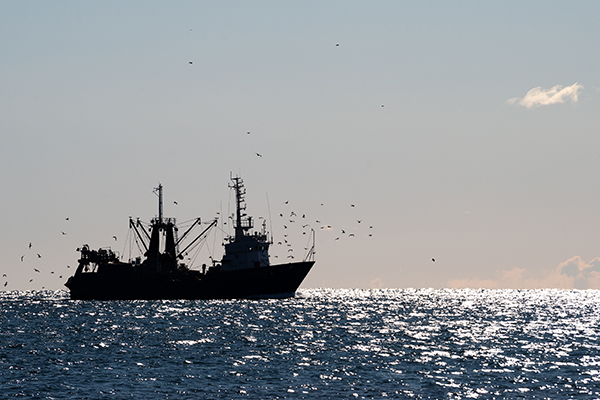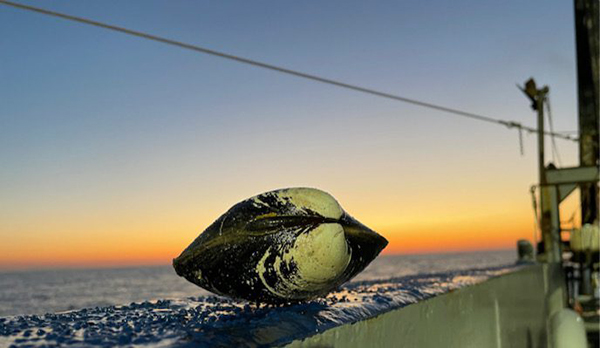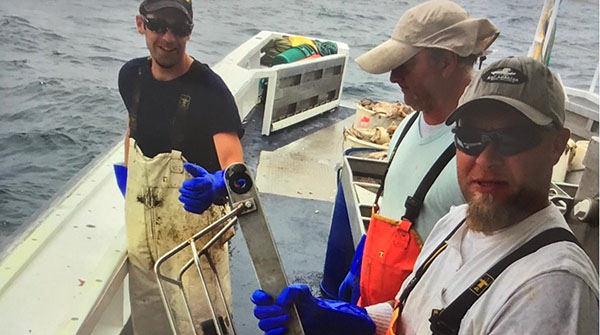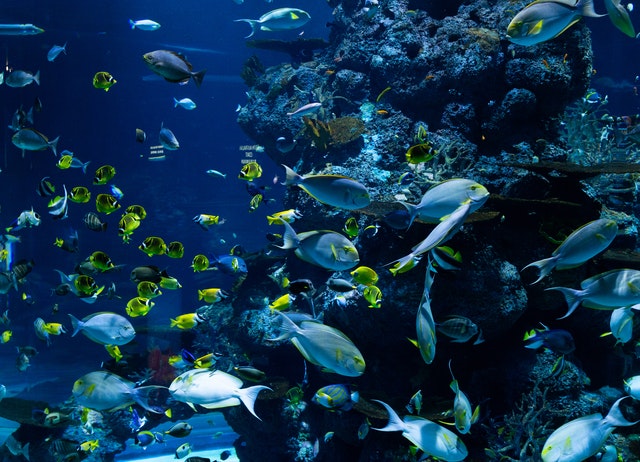GAO urges fisheries managers to take management action to address climate change

Across coasts, U.S. fishing communities are grappling with the impacts of climate change. But a new study from the University of California-Santa Barbara (UCSB) has identified “actionable recommendations” that could help U.S. fisheries adapt and improve climate resilience, and ultimately, protect the livelihoods of fishermen.
“Our report lays out impactful steps fisheries managers can take now to help improve the climate resilience of the nation’s fisheries and the communities that depend on them,” said Chris Free, the paper’s lead author and a research scientist at UCSB.
The study evaluated the management of over 500 fisheries across the United States, specifically examining what’s known as Harvest Control Rules (HCRs) – the rules that guide how much of a stock can be fished. The research team generated a suite of design recommendations for HCRs that can help ensure sustainable fisheries and fishing communities in a changing climate. These include using catch limits based on stock population size, accounting for potential impacts of climate change in the rules and evaluating which management approaches are best for a specific fishery.
The study comes on the heels of calls from the U.S. Government Accountability Office (GAO) for regulators to take action and make climate resiliency a priority in their fishery management plans. These recommendations provide a roadmap for implementation.
Follow the Advocate on Twitter @GSA_Advocate
Now that you've reached the end of the article ...
… please consider supporting GSA’s mission to advance responsible seafood practices through education, advocacy and third-party assurances. The Advocate aims to document the evolution of responsible seafood practices and share the expansive knowledge of our vast network of contributors.
By becoming a Global Seafood Alliance member, you’re ensuring that all of the pre-competitive work we do through member benefits, resources and events can continue. Individual membership costs just $50 a year.
Not a GSA member? Join us.
Author
-
Responsible Seafood Advocate
[103,114,111,46,100,111,111,102,97,101,115,108,97,98,111,108,103,64,114,111,116,105,100,101]
Related Posts

Responsibility
Study: Rapid ocean warming in the Gulf of Maine reverses 900 years of cooling
A new study found rapid ocean warming in the Gulf of Maine has reversed 900 years of cooling, with consequences for the ecosystem and fisheries.

Fisheries
Survey: Global warming is a ‘major barrier’ to sustainable fisheries management
A recent poll found that EU fisheries stakeholders regard global warming as a threat to sustainably managing fisheries in the future.

Responsibility
Are mid-depth waters off the United States East Coast getting saltier from ocean warming?
A new study indicates that mid-depth waters off the United States East Coast are getting saltier, possibly due to ocean warming caused by climate change.

Health & Welfare
With warming waters, will fish suffer from oxygen deprivation?
A new study has found that larger fishes are more likely to experience oxygen deficiency in warming water than smaller species.



